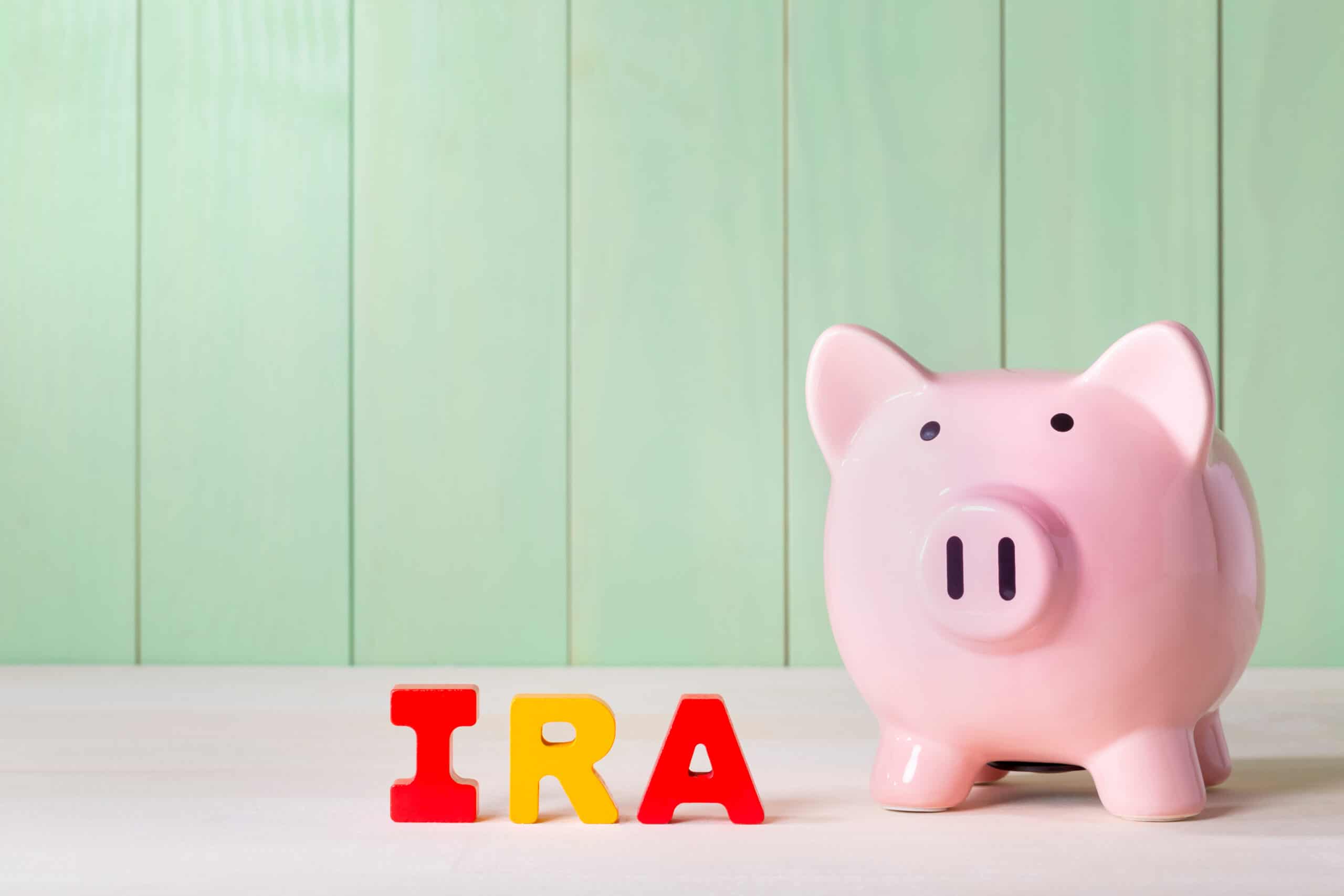Inheriting an IRA can be both a blessing and a source of confusion. While it often signifies a significant financial boost, it also brings along a set of rules that non-spouse beneficiaries need to be well-acquainted with. This article seeks to provide clarity by detailing the do’s and don’ts associated with inherited IRAs.
Understanding Beneficiary Distinctions
Before we dive into the intricacies of inherited IRAs, it’s crucial to note that the following guidelines primarily cater to non-spouse beneficiaries. Surviving spouses have a separate set of options available to them.
Do’s for Beneficiaries of Inherited IRAs
- Change IRA Custodians if Needed: If the services offered by your current IRA custodian do not meet your expectations or requirements, feel free to shift to another. The process must be done carefully; always opt for a direct transfer. This ensures that the assets in the IRA remain untouchable during the transition and maintain their tax-advantaged status.
- Take Distributions, Irrespective of Age: As a beneficiary, you can withdraw funds from the inherited IRA, regardless of how old you are. The tax implications depend on the type of IRA:
- Traditional IRA: Any distribution will be subject to income tax. However, the good news is that no penalty taxes will be levied, even if you’re younger than 59½ years.
- Roth IRA: Beneficiaries can enjoy tax-free and penalty-free distributions.
- Name a Successor Beneficiary: To ensure that your estate handling remains streamlined, it’s vital to designate a successor beneficiary for the inherited IRA. Not doing so could make the estate settlement process longer and more expensive.
- Consider a Qualified Charitable Distribution (QCD): The QCD option becomes available for beneficiaries aged 70 ½ or older. This allows you to transfer a sum (up to $100,000) from the inherited IRA directly to a charity. This transferred amount doesn’t count towards your taxable income. However, remember that while this method bypasses income inclusion, it also means you cannot claim a tax deduction for this charitable act.
Don’ts for Beneficiaries of Inherited IRAs
- Refrain from Contributing to the Inherited IRA: Unlike personal IRAs, beneficiaries cannot contribute to inherited IRAs. The distinct stipulations for each type mean they cannot be treated the same.
- Avoid Converting to a Roth IRA: Beneficiaries might consider converting their inherited traditional IRA to a Roth IRA. However, this is not permissible under current rules.
- Steer Clear of the 60-Day Rollover: Some might be tempted to withdraw money from the inherited IRA and then redeposit (or roll it over) within 60 days. This tactic, however feasible it sounds, is off-limits for non-spouse beneficiaries of inherited IRAs.
- Don’t Overlook the Ten-Year Rule: With few exceptions, beneficiaries should remember that funds in an inherited IRA must be fully withdrawn by the end of the tenth year. Depending on the specifics of the IRA, you might also have to take annual Required Minimum Distributions before this decade-long period concludes.
Seeking Professional Guidance
Inheriting a sizable IRA can be daunting, given the various rules and potential pitfalls. If you still need to enlist the expertise of a tax advisor, now is an opportune moment. The seasoned professionals at Legacy Private Trust Company can guide you through the process, ensuring you make the most of your inheritance while complying with all regulations.
If you are a Legacy client and have questions, please do not hesitate to contact your Legacy advisor. If you are not a Legacy client and are interested in learning more about our approach to personalized wealth management, please contact us at 920.967.5020 or connect@lptrust.com.
This newsletter is provided for informational purposes only.
It is not intended as legal, accounting, or financial planning advice.




